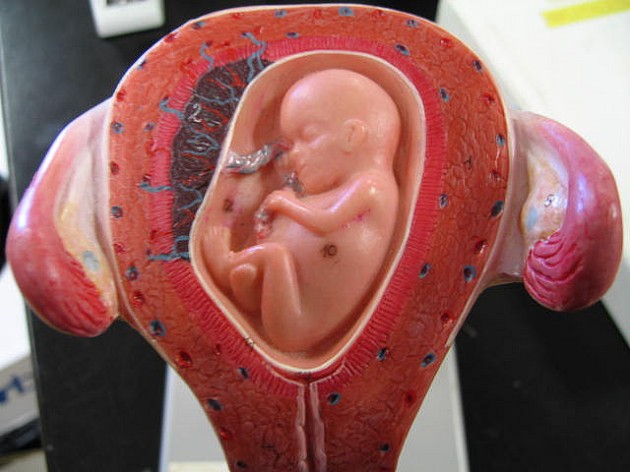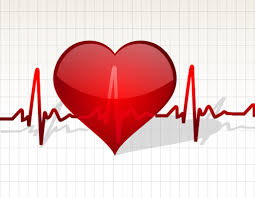If you’re a woman of childbearing age or a man of a responsible age to sire a child, then it’s important that you take care of your reproductive system in order to avoid fibroids and cysts (for women), as well as low sperm count and sexual impotence (for men).
If you’re an older woman or an older man, you also need to take good care of your reproductive system in order to especially avoid ovarian and breast cancer (in women) or prostate enlargement and prostate cancer (in men).
And as simple as it may seem, your diet has a significant impact on your female or male reproductive system and its overall health at every stage of your life.
Some of the key diseases linked to poor reproductive system health include:
Dysmenorrhea (painful periods) , Fibroids, Cysts, Sexual impotence, Prostatic Adenoma (enlarged prostate), Prostate Cancer, Breast Cancer
The best thing about all this, though, is that YOU have the power to improve and maintain the health of your reproductive system just by paying attention to what you eat and making better food choices.
Here are five(5) superfoods that are great for YOUR reproductive system health:
1. Tomatoes (preferably ripe): Contain lycopene, which causes cells to reproduce in an orderly manner, as well as significant amounts of Vitamins A & C, Folate and Potassium.
2. Mung Bean (Green Soy): Rich in protein, Vitamins B1, B2, B6, calcium, phosphorous, iron & magnesium.
3. Soybeans: Contain two (2) anticarcinogens (prevents cancer) – Isoflavones and Saponins.
4. Adzuki: Rich in protein, Vitamins B1, B2, B6, calcium, phosphorous, iron & magnesium.
5. Feijoa (if you can’t get Feijoa you can try Guava which is a family food to it): Rich in Vitamin C, contains fibre, folate and potassium and is particularly good during pregnancy, for goiters (goitres) and constipation.
You should also check out these 3 Best Kept Secrets about ‘Foods and Their Healing Power’ for some amazingly simply food facts to a healthier you.
Information Source: “Encyclopedia of Foods & Their Healing Power”
Image Credit: GreenFlames09/flickr.com





